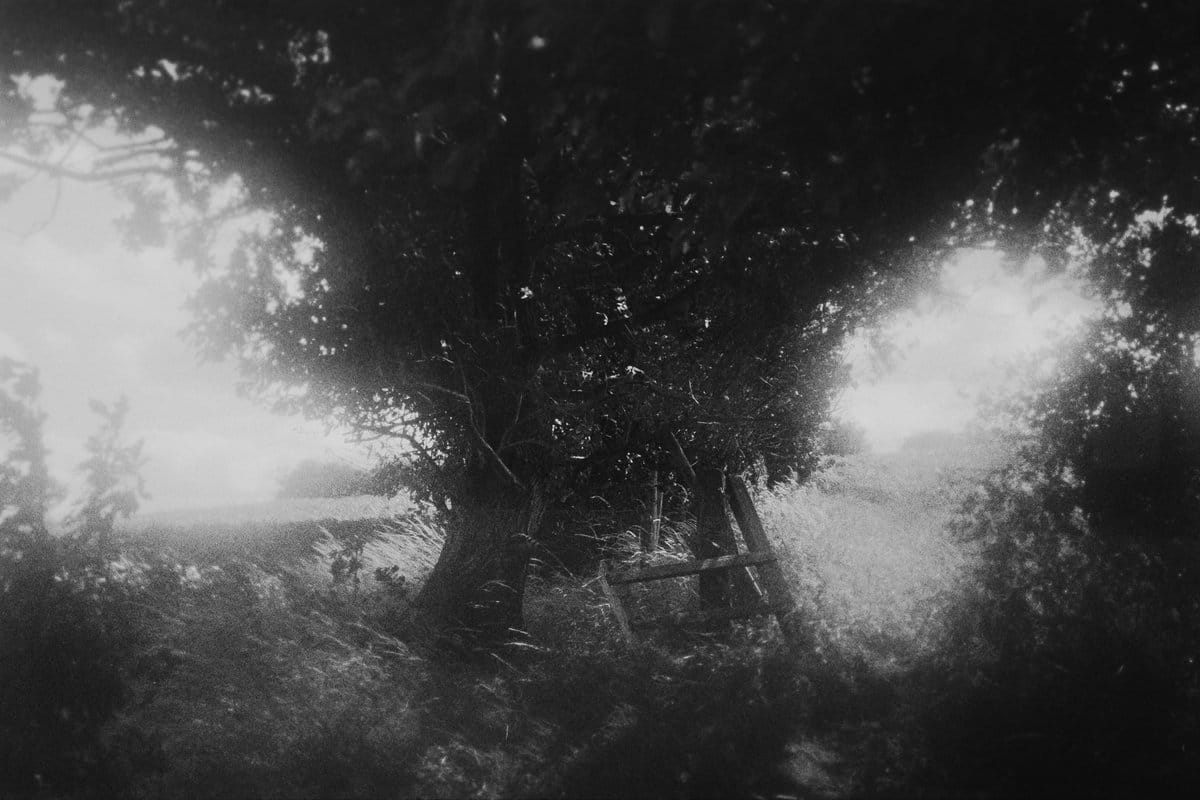Word of the Day: Yearning
Daisy Alioto thinks yearning will 'define the 2020s'.

yearning
noun
us /ˈjɝː.nɪŋ/ uk /ˈjɜː.nɪŋ/
a strong feeling of wishing for something, especially something that you cannot have or get easily:
I guess it's because I live in a city that I have this yearning for open spaces.
Earlier this year, Dirt contributor Michelle Santiago Cortés wrote about “yearnposting”, examining the trend of Instagram and TikTok content for people that “want to be devastated (in a good way).” These posts, “combine the warmth of a wholesome meme with the hope of a motivational post and the raw emotion of a trauma meme,” like a video by noted yearner Sotce, sliding her hands across a wooden floor, captioned, “sometimes i go back in time just so i can feel it twice.”
If authenticity was the emotional register of the aughts and post-aughts era, yearning will define the 2020s. It’s not that things have changed so much: online shopping, pornification, bland pop music, and sans serif fonts are not recent developments. However, the stakes for preserving our relationship to things that cannot immediately be had have never felt higher. After all, yearning is a subset of authenticity––a specific type of authenticity that comes from wanting. It’s the thing that we turn to after too easily “having” causes us to lose our way. Yearning isn’t like wellness in the way Gwyneth Paltrow or Andrew Huberman would sell wellness because it often feels like unwellness, but then it also feels like healing.
| Daisy Alioto, Yearn in Review



